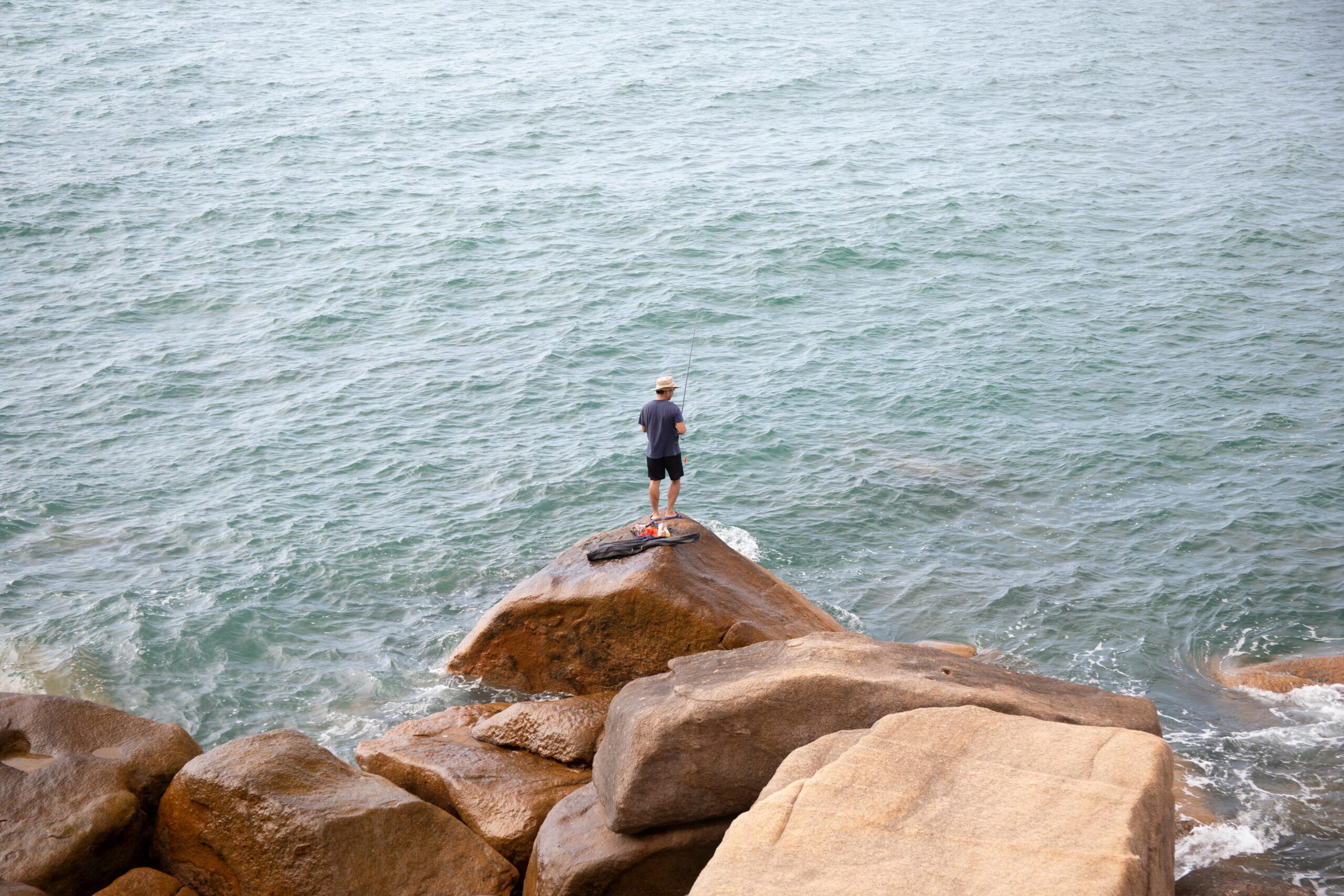Fishing is more than just a pastime—it’s a tradition. Across generations, the art of fishing has been passed down from fathers to sons, mothers to daughters, grandparents to grandchildren, and friends to friends. Whether it’s casting a line on a quiet riverbank, trolling in the deep blue of the ocean, or ice fishing in the frozen stillness of winter, fishing has always been a way to connect with nature, one another, and the past. But in a world increasingly disconnected from the outdoors, passing on this tradition is more important than ever. In this article, we’ll explore why the tradition of fishing should be preserved, how it can be passed down to future generations, and the profound impact it has on both young and old.
1. The Deep Roots of Fishing Traditions
Fishing has been a part of human culture for thousands of years. From the earliest civilizations, where fishing was essential for survival, to the modern-day practice of recreational fishing, it has always played an important role in shaping cultures and connecting people to the land and water. The bond between humans and nature through fishing is something that transcends time. It’s a tradition passed through oral histories, hands-on lessons, and shared experiences, often around a campfire or at the water’s edge.
For many families, fishing represents a time-honored way of spending quality time together. It’s not just about catching fish; it’s about the shared moments of patience, quiet reflection, and joy in nature. For those who grew up fishing, the memories of those early fishing trips often stay with them for life, creating a lasting connection to the natural world.
2. Why It’s Important to Pass on the Tradition
The importance of passing on the tradition of fishing lies in both its cultural significance and its potential to connect younger generations with the environment. As society becomes more urbanized, the number of people who spend time outdoors has dwindled, with many children and young adults now spending more time indoors, plugged into screens rather than connecting with nature. The traditional outdoor activities, like fishing, help bridge this gap in a meaningful way.
2.1 Promoting Conservation and Respect for Nature
One of the most valuable lessons that fishing teaches is respect for the environment. By teaching kids how to fish, we are also teaching them about conservation, wildlife management, and sustainability. Whether it’s learning about the importance of catch-and-release practices, understanding the life cycles of fish, or the impact of water pollution, fishing provides a real-world, hands-on lesson in protecting the ecosystems that we depend on.
The passing down of fishing knowledge inherently instills an appreciation for the environment. Those who fish are often the most ardent advocates for clean waterways, healthy fish populations, and the preservation of wildlife. By involving young people in this tradition, we are nurturing the next generation of environmental stewards.
2.2 Building Stronger Family Bonds
Fishing is an activity that creates natural opportunities for bonding. The time spent on the water, away from the distractions of daily life, fosters conversations and shared experiences that strengthen family relationships. It’s a time when the older generation can share stories, impart wisdom, and offer guidance in a way that feels natural and organic. For children and teenagers, these fishing trips are often their first introductions to the broader world outside their daily routines, giving them the chance to spend time with family members and mentors, learning about patience, persistence, and problem-solving.
Fishing also offers a unique way to teach life lessons. It teaches patience because fish aren’t always easy to catch. It teaches perseverance because not every day on the water is successful. And, of course, it teaches gratitude—for nature, for the quiet moments, and for the time spent with loved ones.
3. How to Pass on the Tradition
While it may seem like a simple activity, there are certain ways to ensure that the tradition of fishing is passed on effectively, so that younger generations can appreciate it as much as those who came before them.
3.1 Start Young, But Be Patient
Fishing is an activity that can be enjoyed by people of all ages, but starting young often leads to a deeper appreciation. While children may not fully grasp the complexities of fishing when they’re very young, introducing them to the basics of the sport early on provides a foundation for them to build on. It’s not just about catching fish; it’s about spending time outdoors, learning about the environment, and forming memories.
However, patience is key when passing on the tradition. Children might not catch fish right away, and it’s essential to make the experience enjoyable, not frustrating. Keep things light-hearted and fun, and focus on the experience rather than the end result. The excitement of the catch will come later as their skills and knowledge develop.
3.2 Make it a Social Activity
One of the best ways to pass on fishing traditions is to make it a social activity. Invite friends, neighbors, and extended family along for fishing trips. This makes the experience feel like a communal event, and it helps children see that fishing is more than just a solitary hobby. The more people involved, the more stories are shared, and the more fun everyone has. Older generations can share their experiences, tell tall tales, and offer advice to younger anglers, making fishing a collaborative and enjoyable endeavor for everyone involved.
3.3 Teach by Example
The best way to teach a child about fishing is to lead by example. Show them how to properly handle fishing gear, explain the importance of knot tying, demonstrate how to cast a line, and lead them in learning about fish species and the best times to fish. Share stories of your own fishing adventures, so they can learn not just the techniques, but also the history and culture that come with the tradition. Let them see the joy and fulfillment that fishing brings, and they will likely be eager to carry on the tradition themselves.
3.4 Use Technology to Enhance, Not Replace
While fishing is inherently a traditional activity, there are modern tools that can enhance the learning experience. Technology, such as fish finders, apps that track fishing locations, or videos that demonstrate different fishing techniques, can be useful tools to help young anglers learn more about the sport. However, these tools should complement, not replace, the hands-on experience of actually being on the water. Encourage children to use technology to learn more about fish and fishing, but also ensure that they spend plenty of time fishing with family and friends.
4. The Rewards of Passing on the Tradition
The rewards of passing on the tradition of fishing extend far beyond catching fish. For younger generations, fishing fosters life skills like patience, problem-solving, and resilience. For older generations, it offers the joy of mentorship, the opportunity to relive cherished memories, and the knowledge that they are contributing to the preservation of an important cultural practice.
Fishing creates memories that last a lifetime. The quiet, peaceful moments on the water, the excitement of reeling in a catch, the laughter shared over a good fishing story—these are the moments that define the tradition of fishing. When parents and grandparents pass on their knowledge of fishing, they’re also passing down the love of nature, the value of patience, and the importance of spending quality time with those we care about.
Conclusion: The Tradition Continues
The tradition of fishing isn’t just about casting a line into the water; it’s about the connections it fosters, the lessons it teaches, and the memories it creates. It’s about passing down a way of life that has been cherished for generations, and ensuring that future generations will continue to appreciate it just as much.
By introducing young people to fishing, teaching them the necessary skills, and fostering a deep respect for the natural world, we can ensure that this beloved tradition continues for years to come. In doing so, we not only preserve a part of our heritage but also instill values that will serve future generations, on the water and beyond.











